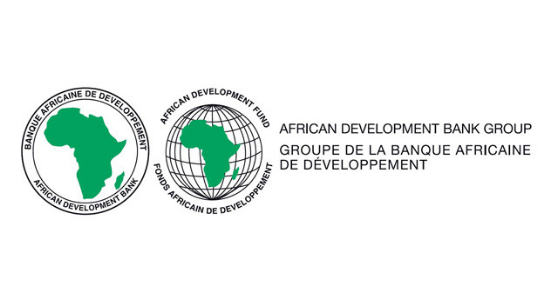The delivery of public services in the midst of resource constraints remains a challenge for most countries and will be the case into the foreseeable future. As African governments move towards expanding the coverage, quality, and preparedness of the healthcare system to deal with pandemics, securing adequate financing will be one of the many challenges that will need to be overcome. How well public finances are managed will play a vital role in this regard.
The role of the budget is to provide a comprehensive account of the spending plans of a government and the funding that will be needed for the implementation of these plans. With the regular reporting of in-year spending activities, the budget also provides a means for oversight bodies, such as Legislatures, to measure both financial and non-financial performance. Although the per capita expenditure of health budgets in Africa (5.1%) is lower than OECD member countries (12.5%), the proportion of budgets allocated to health is relatively high. It is therefore important that budget practices and procedures assist in the achievement of value-for-money, especially within an environment of tight budget constraints. Value for money demonstrates capability and confidence in the effectiveness of local systems, improves delivery and provides strong incentives for the allocation of additional resources from both domestic revenues and development assistance.
The CABRI Health Budget Survey conducted over the second half of 2019 provides timely data on 15 countries. Literature has shown that if African economies can improve public financial management (PFM), there could be better health outcomes. The health budget survey was intended as an instrument to help governments learn from each other and understand the potential gaps in budget formulation and execution processes. While no two contexts are the same, there is space for officials from different African governments to scrutinise other countries' experiences in similar situations facing comparable problems and applying solutions to their own country.
Over the years, the Collaborative Africa Budget Reform Initiative (CABRI) has built a core of evidence-based knowledge on the success stories and policies implemented in PFM. CABRI's work in the health sector focuses on funding mechanisms, strengthening links between ministries of finance and health, the complementary roles of different actors in the policy and budget cycles within the sector, and value for money considerations in health spending. The report on Public Health Budget Practices and Procedures in Africa aims to build on CABRI's knowledge of health systems to inform policy considerations and reform options.
We hope the report will be a valuable source for governments, researchers, and non-profit organisations in their decision-making process.
CABRI expresses its profound gratitude to the African Development Bank for the invaluable support received for the development of the Health and Public Financial Management knowledge product.
